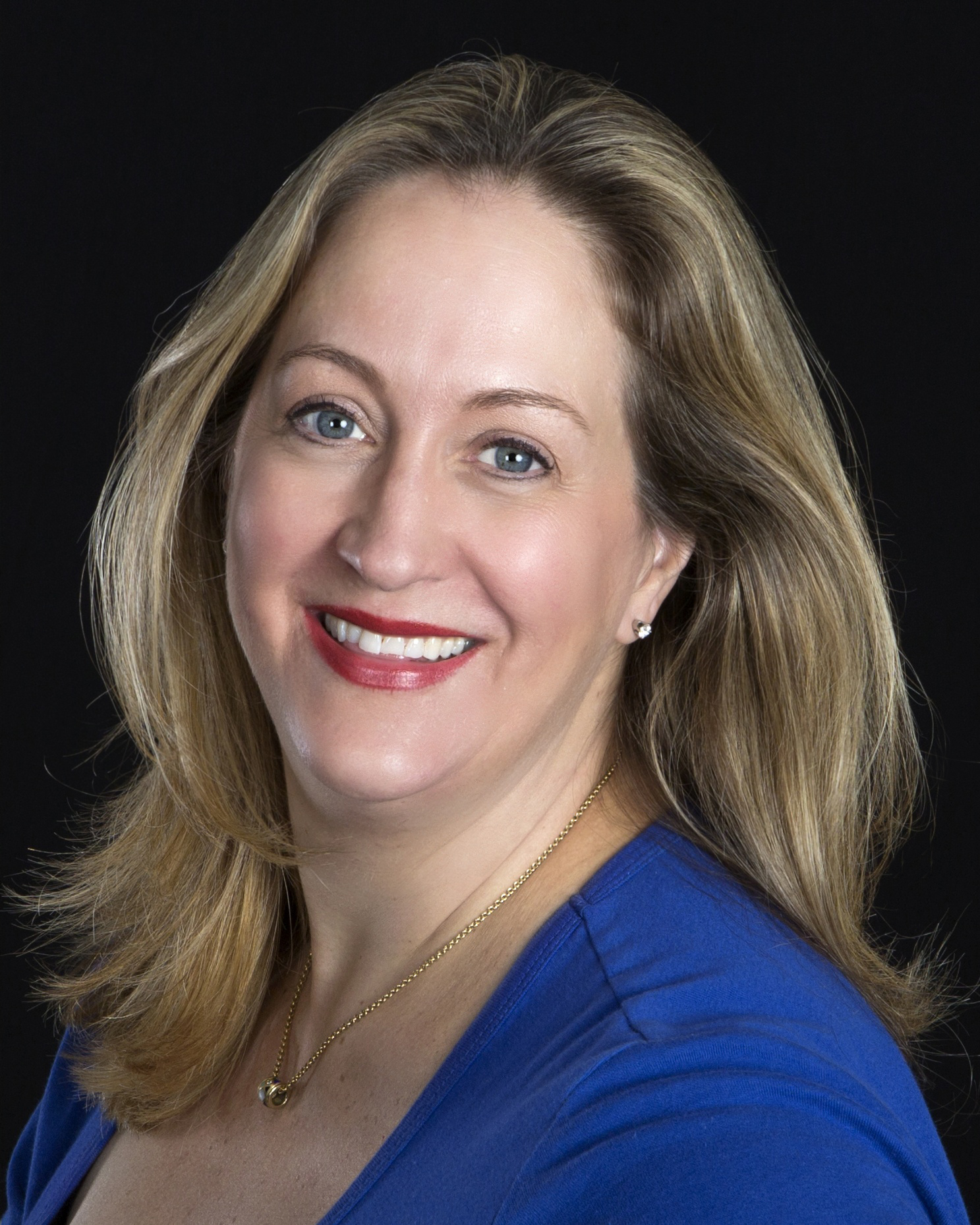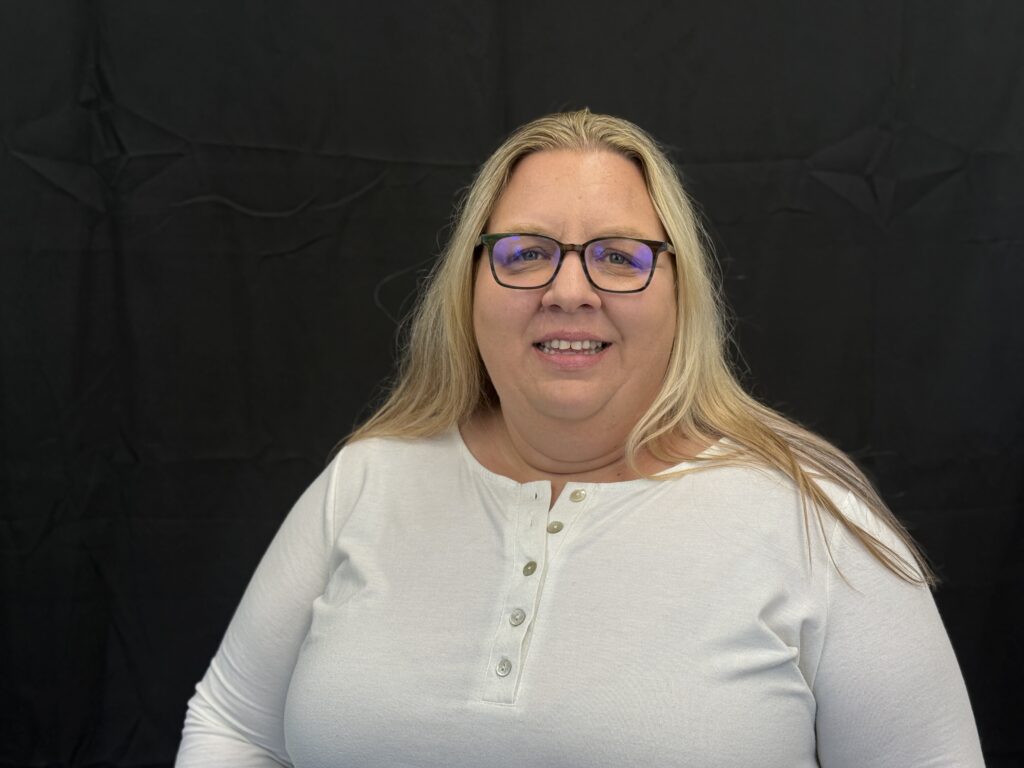Karen White has been a unionist her entire life — quite literally.
As the deputy executive director of the National Education Association recounted during her keynote speech at Delegate Assembly on Friday, White’s educator mother was 18 weeks pregnant with her in 1965. She was called into a meeting with her principal and administrator and told she couldn’t continue in the classroom.
Her offense? She couldn’t see past her growing belly.
“My mother, in her infinite wisdom, said, ‘None of you can see your feet past your belly,’ ” White recounted. Her mom was fired on the spot.
“That jolt to the DNA happened when I was 18 weeks old, seriously, and it has been part of who I am ever since,” White said.
During her keynote address, White urged IEA members to embrace the same rabble-rousing spirit.
“The recent attacks on public education are some of the most hostile things we’ve seen in decades. Maybe ever,” White told delegates. She expressed concern about efforts to “corporatize and privatize” public education, pointing to recent policy changes and budget cuts at the federal level.
“We know the playbook because we’ve seen it before 1,000 times,” she said. “We’ve lived it. Stealing resources from our most vulnerable students, exploding class sizes, making higher education out of reach for middle-class families.”
All Eyes on Idaho
White, who works in the NEA offices in Washington, D.C., knows more about Idaho politics than many of her colleagues in the Beltway. She was active in state politics in the mid-1990s. Her daughter was born in Boise and given a very Gem State name: McCall.
But the political landscape in Idaho has changed dramatically since her time here, White said. The recently passed private school voucher bill, which will allow families of private school students to receive up to $7,500 per child in tax credits for school-related expenses, was a particularly egregious example of the shift away from public education in Idaho.
“Vouchers don’t work. They do not work, and those who promote choice, they damn well know it,” White stated, emphasizing that public education must serve all children, not just those with resources.
This may be a dark moment for Idaho’s public schools, White said, but it’s not the first time the Idaho Education Association has fought back — and won. White pointed to the wildly unpopular “Luna Laws” of the 2010s, which attempted to strip rights from union members, phase out teacher tenure, enforce performance-based pay, and mandate screen time to graduate. IEA played a huge role in overturning those laws through the citizen initiative process.
More recently, IEA has set a nationwide standard in its efforts to convert members from payroll deduction to direct dues payments to the union. That ongoing campaign, IEA AutoPay, is meant to insulate the union from repeated legislative efforts to strip IEA’s ability to collect dues through payroll deduction.
“Nobody should control our money,” White said. “Nobody should control our dues. I know it was not easy, and some states are really struggling. But Idaho EA is leading the way in the nation, and I thank you for that courage.”
But those aren’t the only reasons Idaho educators are in the news. White pointed to the national outpouring of support for new IEA member Sarah Inama, a West Ada educator who was told to pull down a classroom sign proclaiming “Everyone Is Welcome Here.”
“I thought that was the most beautiful, profound, simple, direct, authentic statement that you all live every single day in your lives, every single day,” she said.
This current political moment is why unions matter, White said.
“I know you will continue to fight like hell and keep calling out anyone who doesn’t believe our students have the right to feel welcome and learn in a safe environment,” she said.
White’s “why” may have been present from 18 weeks on, she said, but IEA members need to remember theirs.
“Unions exist for moments like this,” she said. “This is our moment. IEA, this is our moment to lead. This is the moment to use our voices. And if you haven’t found yours yet, you better get busy trying to find it, because we need it now. We need it — in this room, this weekend, in the next election and across this country, we need you to raise your voices.”




